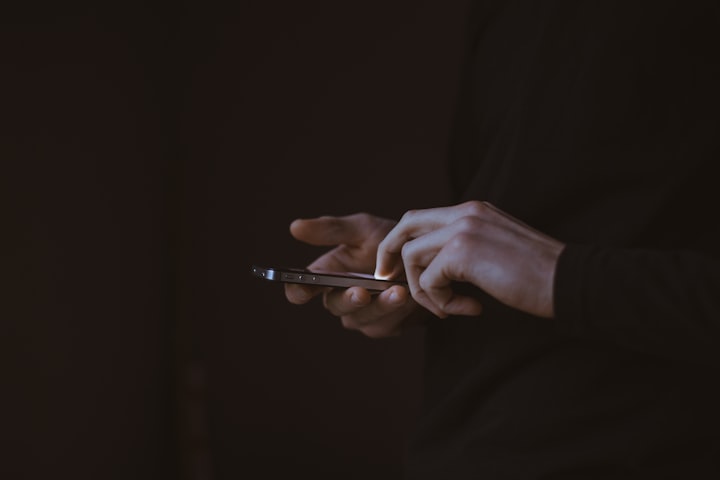Uncovering The Truth: How to Spot a Liar
Mastering the Art of Detection through Signs, Questions, and Body Language

One of the most frustrating experiences in any relationship is the feeling that someone is lying to you. Whether it's a spouse, friend, or colleague, the betrayal of trust that comes with deception can be devastating. The challenge, of course, is knowing when someone is lying to you. While some people may be skilled at hiding the truth, there are a number of signs and techniques that can help you detect deception. In this article, we'll explore some of the most effective ways to tell when someone is lying to you, including the signs of lying, how to ask questions to uncover lies, and how to read body language to detect deception.
Signs of Lying
When someone is lying to you, there are often certain signs that can give them away. Some of the most common signs of lying include:
1. Inconsistencies: When someone is lying, their story may change over time, or they may provide conflicting information.
2. Avoidance: A person who is lying may avoid eye contact or refuse to answer your questions directly.
3. Nervousness: Lying can be a stressful experience, and as a result, a person who is lying may fidget, blink excessively, or stutter.
4. Unusual behavior: If someone is lying to you, they may behave in a way that is unusual for them. For example, they may become defensive or aggressive.
5. Unwillingness to provide details: A person who is lying may refuse to provide specific details about their story, or they may become evasive when pressed for more information.
It's important to note that not everyone who displays these signs is lying. Some people may simply be anxious or uncomfortable in certain situations, which can lead to behavior that mimics the signs of lying. That said, if you notice these signs in someone you suspect may be lying, it's worth investigating further.
Asking Questions to Uncover Lies
Asking the right questions can be an effective way to uncover lies. Here are some tips for asking questions that can help you detect deception:
1. Ask open-ended questions: When you ask open-ended questions, you're giving the person an opportunity to provide more information, which can help you detect inconsistencies in their story.
2. Ask follow-up questions: If the person gives you an answer that seems vague or incomplete, follow up with more questions to get more information.
3. Ask questions in a non-threatening way: If you use accusatory language or tone, you're likely to put the person on the defensive, which can make it harder to uncover the truth.
4. Watch for evasive answers: If the person avoids answering your questions directly, this may be a sign that they're lying.
It's worth noting that some people who are lying may be skilled at evading questions, so it's important to be persistent and not give up if you suspect that someone is lying to you.
Reading Body Language to Detect Deception
Body language can be a powerful tool for detecting deception. Here are some things to look for:
1. Eye contact: If the person avoids eye contact or looks away frequently, this may be a sign that they're lying.
2. Facial expressions: A person's facial expressions may not match their words. For example, they may smile when discussing something sad or serious.
3. Posture: A person's posture can also provide clues about their honesty. If the person is slouching or hunched over, this may be a sign that they're uncomfortable or hiding something.
4. Micro-expressions: Micro-expressions are brief, involuntary facial expressions that can reveal a person's true emotions. These can be difficult to detect, but they may provide valuable clues about deception.
5. Gestures: A person's gestures can also reveal their true feelings. For example, they may fidget or touch their face when they're lying.
It's important to note that body language cues should be taken in context. For example, someone who avoids eye contact may be shy or uncomfortable rather than lying. However, when taken together with other signs of lying, body language can be a valuable tool for detecting deception.
Conclusion
Detecting when someone is lying to you can be a challenging task, but it's an important skill to have. By paying attention to the signs of lying, asking the right questions, and reading body language cues, you can improve your ability to detect deception. Of course, it's important to approach the situation with an open mind and not jump to conclusions based on one or two cues. By taking a thoughtful, observant approach, you can become more skilled at detecting lies and protecting yourself from the betrayal of trust.
About the Creator
The Truth Speaks
The Truth Speaks is a compassionate and empathetic individual who seeks to understand and support others in their journey towards living a more authentic life.






Comments
There are no comments for this story
Be the first to respond and start the conversation.